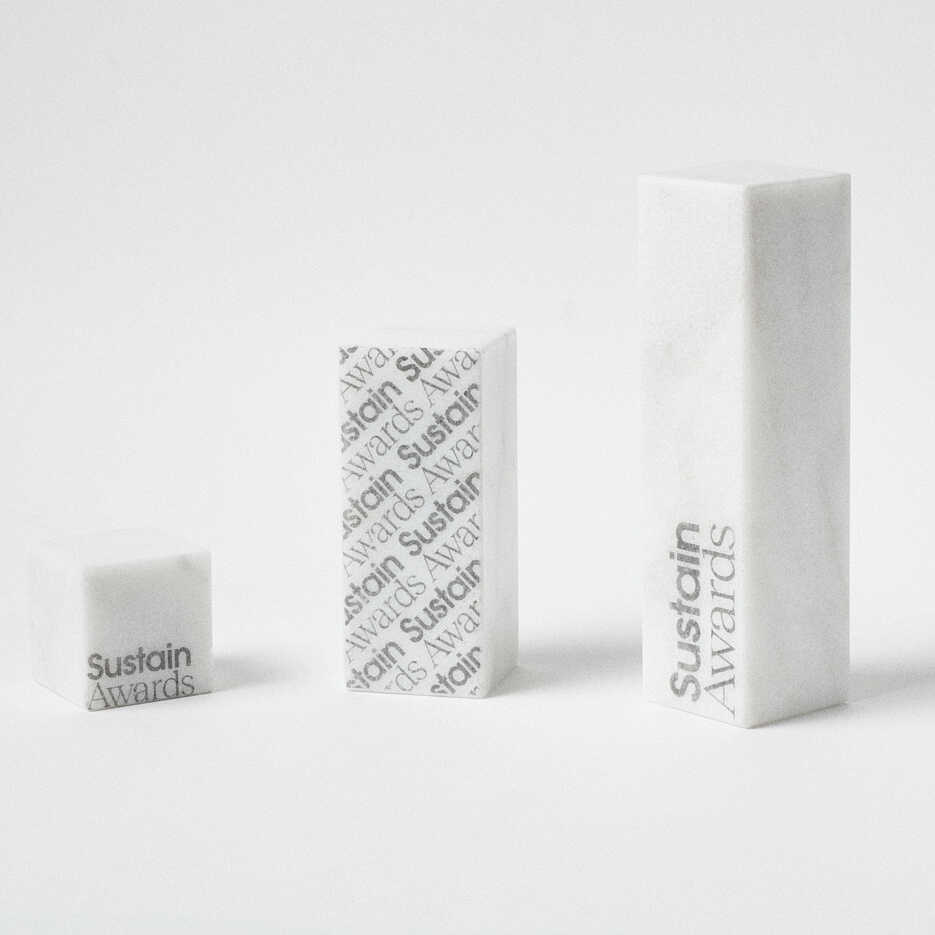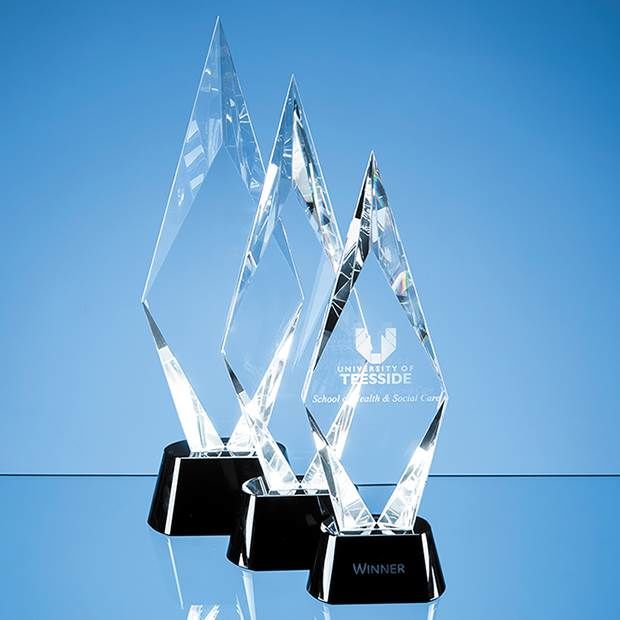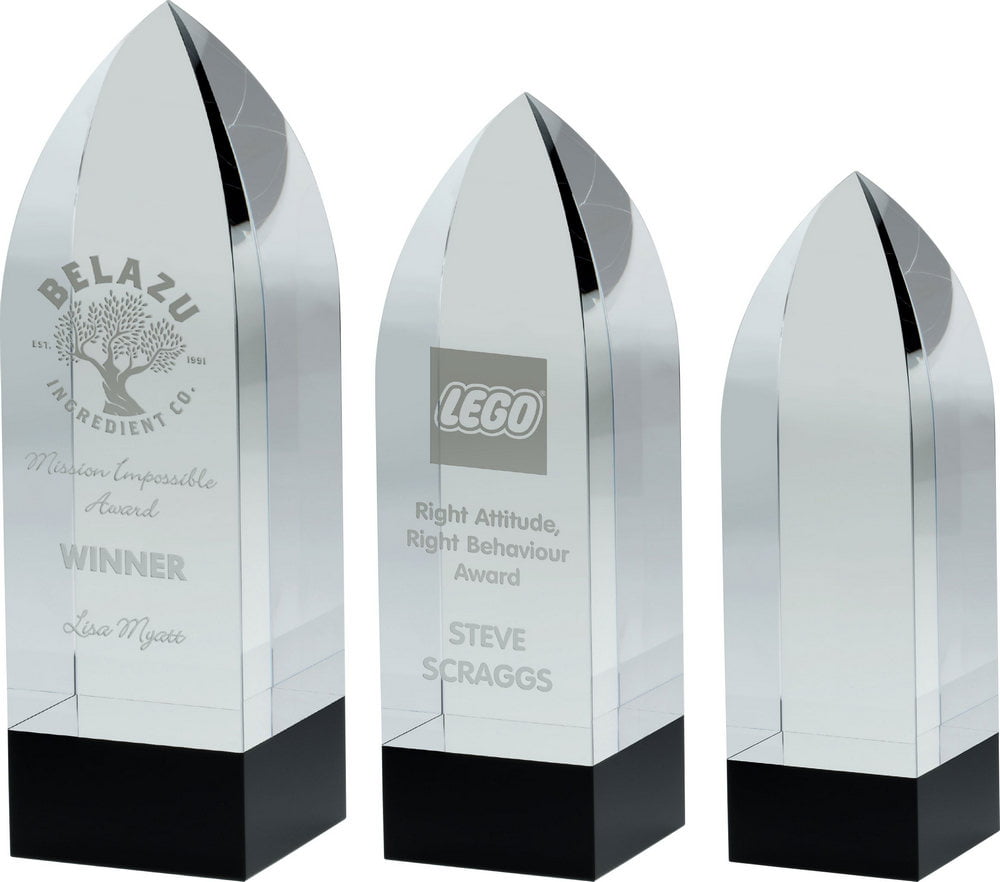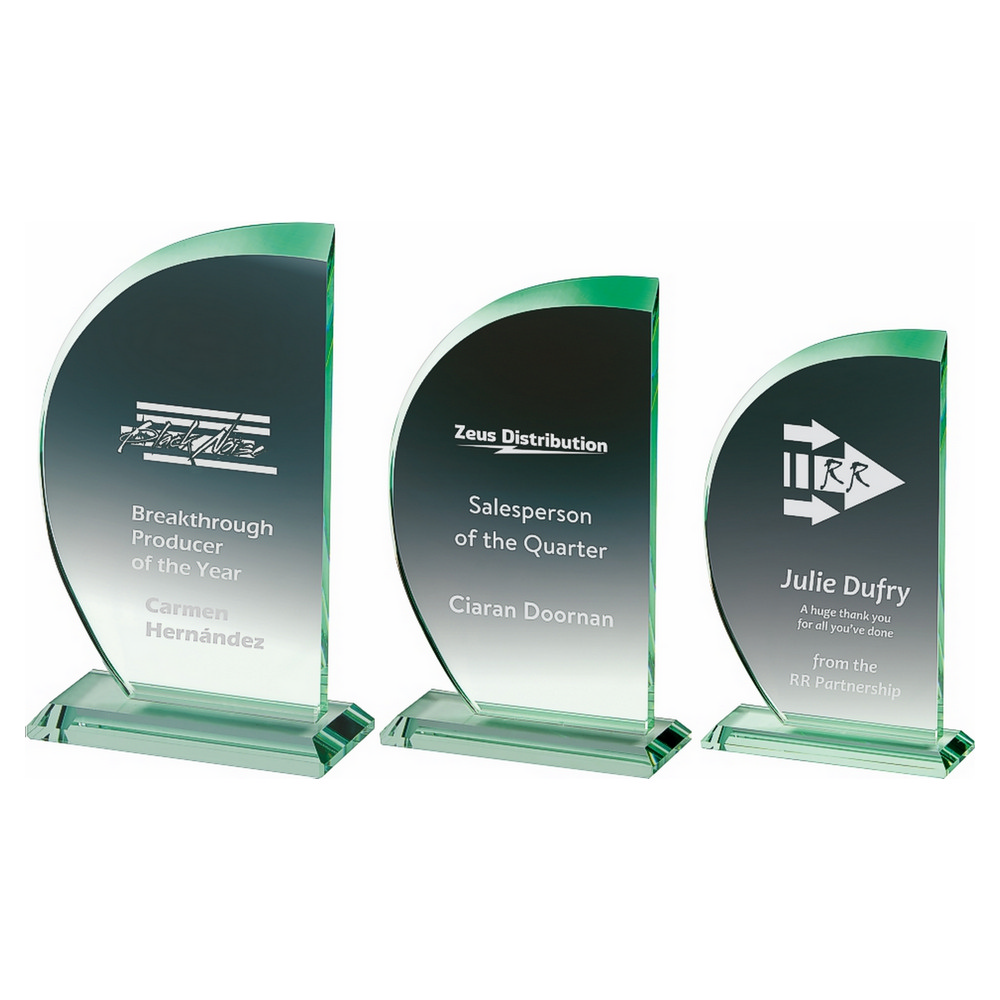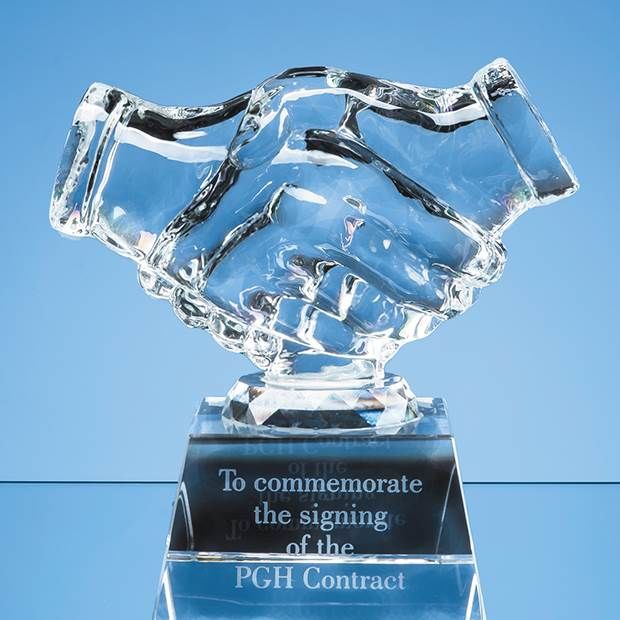I attended the Amnesty International Media Awards last night, and they had quite an impact.
I’m proud that my company EC Awards provide the awards, a minuscule helping hand to an awards event that achieves more than most, and that’s underselling it.
I’ve been before so I knew what to expect, but that still doesn’t prepare you.
Every awards event recognises and rewards good, or sometimes outstanding, achievement in a given field, and to that extent the Amnesty International Awards are no different. However, it’s the field in which they’ve been achieved that creates the incredulity. It’s also the goal behind that work, that creates the telling factor – the desire to make the biggest positive difference to some people’s suffering.
The event itself is slick, it’s hosted by people adept at public speaking. Whether it’s from TV, radio, digital media or print, the speakers are eloquent, passionate, inspiring, angry and at times comical, which is difficult to achieve given the subject. The evening has a flow, and strikes most emotions at different times.
But what makes it so different, is the visual excerpts from the work of the finalists, and more pertinently, the causes that they seek to highlight and address. They cover shocking situations around the world from genocide, rape, slavery, famine, female genitalia mutilations, the list goes on. Human rights violation of every conceivable type. They have been reported on by brave and courageous journalists, desperate to highlight the causes and create an awareness that they hope will lead to the perpetrators being stopped or the solutions being provided.
On the night Amnesty introduced an Impact award, which is about the most aptly named award I can recall. The whole night had impact, but the recognition of the work done by Marie Colvin and Sue Lloyd-Roberts was a perfect illustration of how far the best journalists will go to shine a light on the darkest of situations.
And then there was the evening’s big winner, if indeed you can bestow that title on someone living daily with such a desperate, life threatening situation. Waad Al Kateab has been making films for Channel 4 News for 2 years, giving a visual portrayal of the terrible situation in rebel held east Aleppo.
She hadn’t, or probably couldn’t, leave Aleppo, so wasn’t there to receive her awards, but the acceptance speech was given by her colleagues at Channel 4 News. They explained how her city had been bombed 30 times earlier that day. They read out a letter she’d written, which started ‘Maybe this will be my last letter to you and the World….’. Emotion, pure emotion.
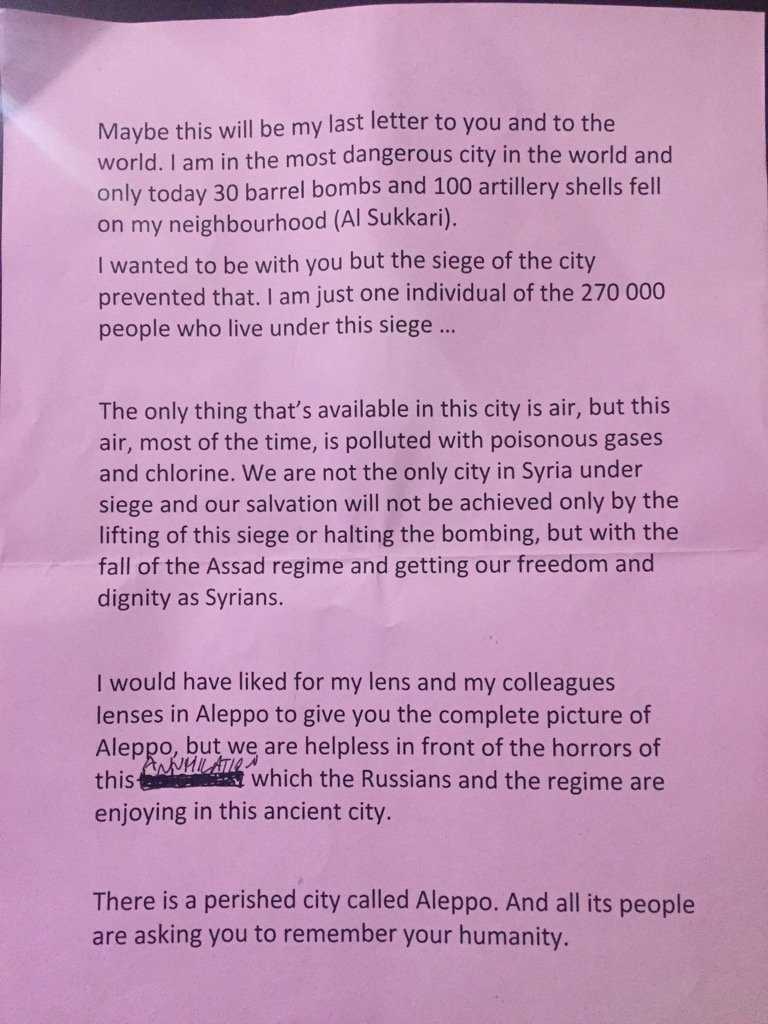
It’s the 25th Anniversary of the Amnesty International Media Awards, and we provided some lovely awards, which we printed with striking colour graphics provided by Amnesty. But you can’t add value to awards that are created to reward such selfless, honourable and courageous journalism.
The awards were described on the night as the most humbling awards event you can attend, and that has to be true. The words ‘sobering’ and ‘distressing’ were rightly used a lot too. What the evening does is make you stop and think about the many atrocities that have happened, and are still happening, and it rewards the incredible work that has gone in to make the gravity of the situation available for all to see.
Let’s hope that the journalism achieves the awareness and reaction that it seeks.
Here’s to the next 25 years of these great awards.
